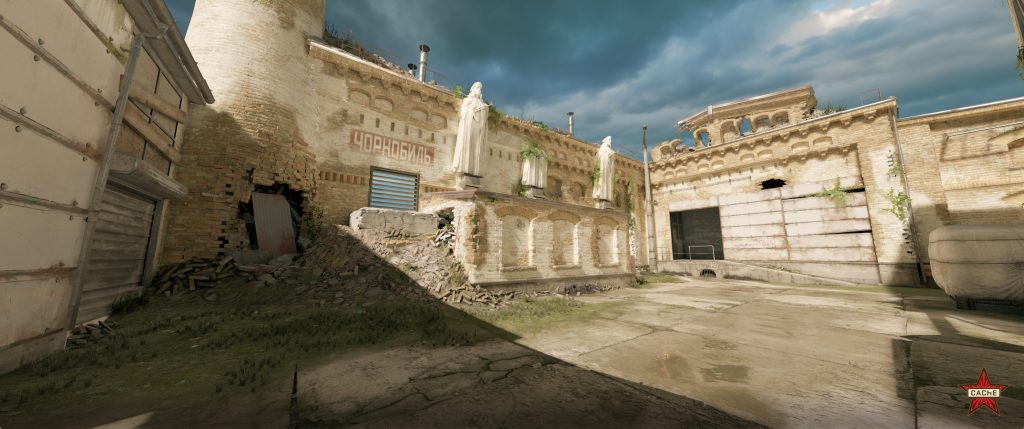Effective communication is crucial for virtual gaming teams to thrive and succeed. As these teams often consist of members from different geographical locations and time zones, finding the right tools and techniques to facilitate smooth interaction is essential. Communication tools and techniques can greatly impact how well team members collaborate, strategize, and execute their game plans. One of the most fundamental aspects of virtual team communication is having a reliable platform for real-time interaction. Many teams rely on voice and video conferencing tools to discuss strategies, coordinate actions, and resolve issues instantly. These platforms offer features like screen sharing and real-time feedback, which are invaluable for discussing game tactics and ensuring everyone is on the same page. For instance, voice communication allows players to relay instructions quickly and clearly, while video adds a personal touch that can enhance team bonding and help prevent misunderstandings.

In addition to real-time communication tools, many teams utilize text-based messaging platforms to keep a record of discussions and share information asynchronously. These tools are particularly useful for non-urgent communication, such as sharing game-related resources, discussing strategies in detail, or scheduling meetings. Text-based communication allows team members to respond at their convenience, making it easier to manage time zones and differing schedules. Another crucial element is the use of project management and collaboration tools. These tools help teams organize their tasks, track progress, and manage deadlines effectively. They can include shared calendars, task boards, and document storage systems. By using these tools, teams can ensure that everyone is aware of their responsibilities and deadlines, and that important information is readily accessible. This level of organization is particularly beneficial for larger teams with complex projects, where keeping track of each member’s contributions and deadlines can be challenging. Moreover, fostering a positive and inclusive team culture is essential for effective communication. Encouraging open dialogue and creating a supportive environment can help team members feel more comfortable sharing their ideas and feedback.
Team members should make an effort to listen carefully to each other’s ideas and concerns, including cs2 ranks, and provide clear and concise responses. This helps to avoid misunderstandings and ensures that everyone’s contributions are valued. Clear communication is especially important when discussing complex strategies or resolving conflicts, as misinterpretations can lead to mistakes or disputes. Finally, leveraging data and analytics tools can provide valuable insights into team performance and communication dynamics. These tools can help identify patterns, measure engagement levels, and highlight areas for improvement. By analyzing communication data, teams can make informed decisions on how to enhance their collaboration and effectiveness. In conclusion, successful communication for virtual gaming teams’ hinges on using the right tools and techniques to facilitate real-time and asynchronous interactions, organize tasks, and foster a positive team culture. By combining effective communication tools with strategies for active listening and clarity, teams can enhance their collaboration, improve their performance, and achieve their gaming goals.